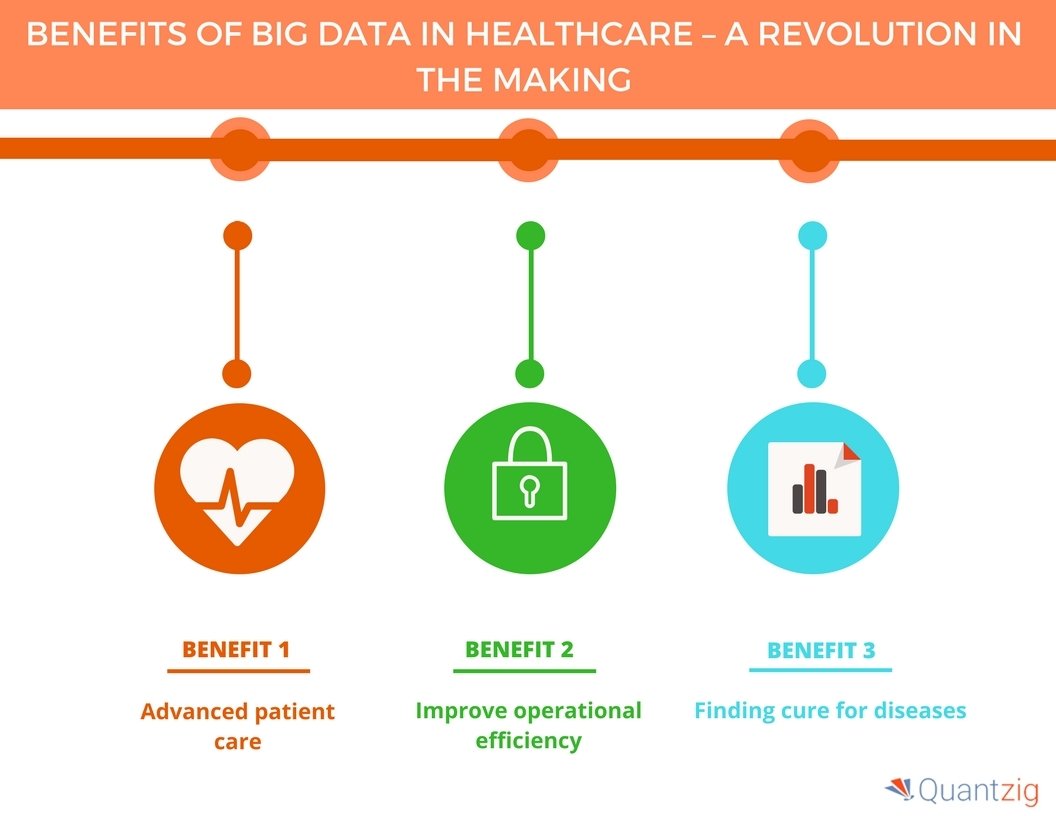Imagine if doctors and nurses could predict what will make you sick before it happens, or hospitals could know the best ways to treat patients just like you with just a click of a button. That’s where big data analytics comes into play in healthcare. It’s like having a super-smart helper that can look at tons of information really fast and find patterns that humans might not see.
Let’s dive into how this smart helper is making things better in the world of healthcare.
1. Spotting Health Trends Early
Big data analytics can sift through mountains of health information from lots of people. This helps doctors see trends, like if a certain disease is popping up more often or if a new treatment is working really well. It’s like having a health detective that can spot clues early and help everyone get ready or find solutions faster.
2. Personalized Medicine
Everyone is unique, and what works well for one person might not work for another. Big data analytics helps doctors figure out the best treatment for you based on lots of information, including your health history, genetics, and even where you live. It’s like having a tailor for your health care, making sure everything is just right for you.
3. Improving Hospital Care
Hospitals are super busy places, and big data analytics can help them run smoother. By looking at information from past patients, hospitals can predict when busy times will be, what supplies they’ll need, and even which patients might need extra attention. This means they can be better prepared and make sure everyone gets the care they need when they need it.
4. Making Treatments Better and Safer
Before a new treatment becomes available, it goes through lots of tests. Big data analytics can look at information from these tests to help find out if the treatment is safe, who it works best for, and if there are any side effects. It’s like having a safety checker that makes sure new medicines and treatments are as good and safe as they can be.
5. Cutting Down Costs
Healthcare can be expensive, and big data analytics can help cut down costs without cutting down on care. By making things more efficient, like reducing the time patients stay in the hospital or making sure tests aren’t repeated unnecessarily, everyone can save money. Plus, by keeping people healthier with better preventative care, there’s less spending on treatments for serious illnesses down the line.
The Takeaway
Big data analytics is making waves in healthcare by making it possible to predict health issues, offer personalized care, improve hospital efficiency, enhance treatment safety, and cut down costs. It’s like a super tool that helps healthcare providers offer better care to everyone. With the help of big data, the future of healthcare looks not just smarter but healthier and more caring for all.
